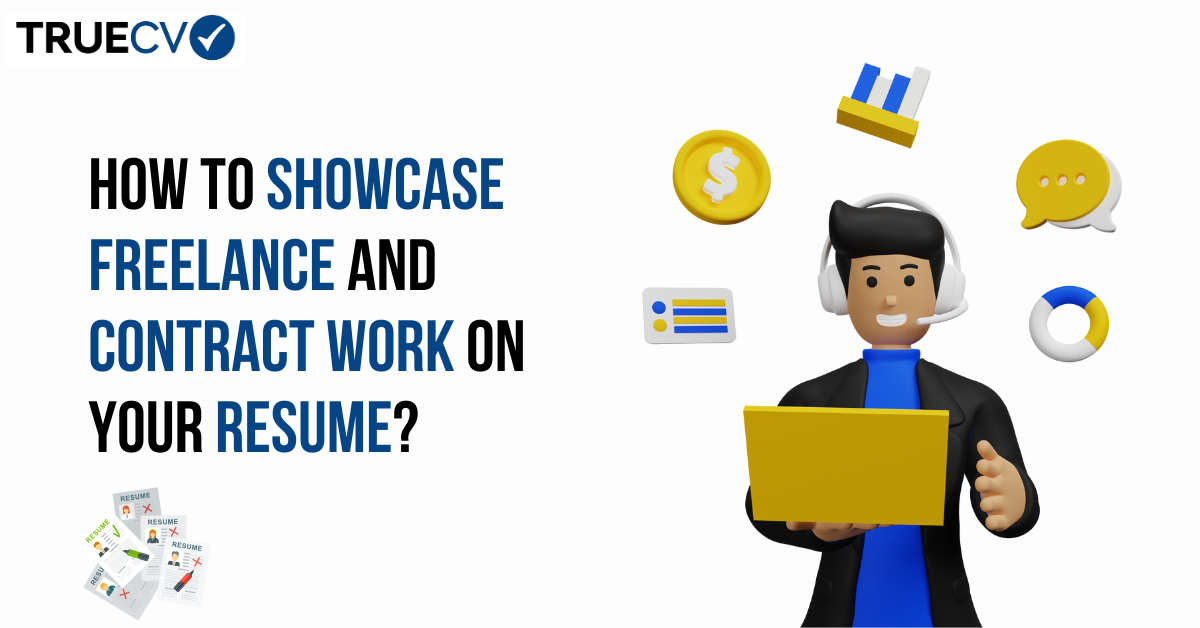.jpg)
Beyond the Resume: Mastering the Art of Crafting Compelling Stories in Job Interviews
In the dynamic and highly competitive landscape of today's job market, where resumes often blend together in a sea of qualifications, the art of storytelling emerges as a potent and invaluable skill for job seekers. In this comprehensive guide, we will delve deep into the intricate nuances of storytelling, unraveling its transformative potential for elevating your job interview performance. By doing so, you can gain a distinct advantage that transcends the limitations of the traditional resume.
The Power of Storytelling:
Stories possess an inherent ability to captivate, resonate, and linger in the minds of listeners. They create an emotional connection, making information more than just data—it becomes a memorable, relatable experience. In the context of a job interview, storytelling has the unique power to transform the mundane details on a resume into a dynamic, narrative journey that resonates with interviewers, leaving an enduring and favorable impression.
Choosing the Right Stories:
The strategic selection of stories is paramount. Your anecdotes should align seamlessly with the specific job requirements, shining a spotlight on your unique skills and experiences. Consider narratives that not only demonstrate your problem-solving abilities but also showcase teamwork, leadership, resilience, and adaptability. Tailoring each story to reflect the skills and qualities sought by the employer ensures they recognize its direct relevance to the position at hand.
Structuring Your Stories:
A well-crafted story follows a clear and compelling narrative arc, guiding the listener through a journey of challenges and triumphs. Commence with a captivating introduction that sets the stage, providing context to the challenge or situation. Elaborate on your actions and contributions, offering a detailed account of the strategies you employed. Finally, conclude with the results or impact, emphasizing the positive outcomes achieved. This narrative structure, commonly referred to as the Challenge-Action-Result (CAR) framework, serves as an effective blueprint for conveying your achievements cohesively.
Illustrating Skills through Stories:
Beyond merely listing your skills, stories provide tangible evidence of your capabilities in action. If you're emphasizing your leadership skills, share a story about a project where you assumed a leadership role, navigated challenges, and ultimately achieved success. This approach not only provides a richer, more vivid illustration of your competencies but also establishes a memorable connection with the interviewer.
Injecting Personality:
Employers are not only interested in qualifications but also in gaining insight into the person behind the resume. Craft stories that go beyond the professional realm, revealing aspects of your personality. Whether it's an anecdote about overcoming a personal challenge, a learning experience that shaped your approach to work, or a humorous incident showcasing your resilience, let your authentic self shine through in your narratives.
Practice Makes Perfect:
Before stepping into the interview room, dedicate time to rehearse your stories aloud. Pay careful attention to your tone, pace, and body language. Ensure your stories are concise yet impactful, avoiding unnecessary details that may dilute their effectiveness. Practicing with a friend, family member, or even in front of a mirror can provide valuable feedback and help you refine your storytelling technique.
Common Pitfalls to Avoid:
While storytelling is a powerful tool, it's crucial to be mindful of potential pitfalls. Avoid narratives that cast you in a negative light or disclose confidential information about past employers. Keep your stories professional, focusing on your achievements, personal growth, and how you contribute positively to a team or organization.
Real-life Examples:
To underscore the effectiveness of storytelling in a job interview, let's consider a hypothetical example:
Situation: You're interviewing for a project manager position, and the interviewer asks about a challenging project you've handled.
Challenge: Describe a complex project with tight deadlines, a limited budget, and a cross-functional team facing communication issues.
Action: Share the strategic steps you took, such as implementing a robust communication plan, conducting team-building activities, and reorganizing tasks for optimal efficiency.
Result: Conclude by highlighting the positive outcomes, such as meeting project deadlines, staying within budget constraints, and fostering improved collaboration among team members.
Conclusion:
In the realm of job interviews, a compelling story can be the decisive factor that sets you apart. By thoughtfully selecting, structuring, and practicing your stories, you can transform your interview performance and leave an indelible mark on potential employers. Beyond the confines of a resume lies a rich tapestry of experiences waiting to be skillfully woven into compelling narratives that showcase your unique value to an organization. So, seize this opportunity, craft your stories with care, and witness how you stand out in the competitive job market.






